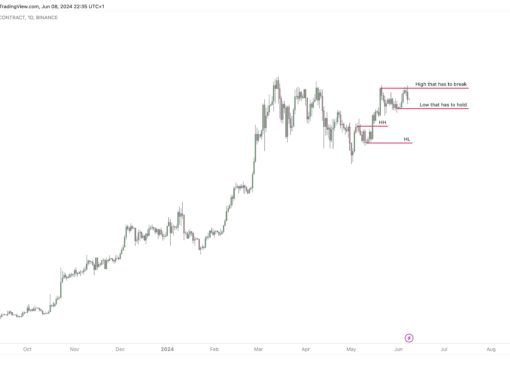The Harvard Gazette reported a simulation at the university’s Kennedy School that was set up to explore the dangers of hostile nations receiving large sums in cryptocurrency in secret.
In the exercise, a futuristic timeline was set for the year 2021 in which North Korea had just experimented with a test missile which was powerful enough to deliver nuclear warheads to the United States. An emergency crisis was created as Washington was surprised that the nuclear project was funded through a newly developed Chinese cryptocurrency, letting North Korea go undetected under the global banking radar.
According to the set up of the simulation, National Security Council House had gathered in the White House Situation Room to conjure immediate and long-term plans.
Although the situation was imaginary, the aim of the exercise – to discuss the dangers of virtual cryptocurrencies – proved successful. The exercise produced a discussion about the threats that virtual currencies pose in the real world due to the large sums of money going unaccounted and unchecked through decentralized networks.
The Director of MIT’s Digital Currency Initiative, Neha Narula, acting as the assistant to the president for virtual currencies pointed out that the basic nature of money is changing. She then charted all possible scenarios, such as cyberattacks on states and private banks, banking networks and cryptocurrency-funded acts of aggression, which makes them harder to trace back.
The U.S. Needs a National Digital Currency
As the simulation progressed, professor Lawrence H. Summers discussed how attempting to impose sanctions on North Korea would depend on China’s cooperation and an imaginary Chinese digital currency (which just might turn into reality soon). The simulation also explored alternatives to sanctions, proposing diplomatic missions, and discussed the possibility of United States developing its own cryptocurrency. Narula pointed out that the competitiveness of the United States dollar was now a matter of national security.
The members finally settled on conversation about the possibility of national digital currency, arguing that a financial technology revolution is going on and the country will miss it if they don’t act on it immediately.
One member pushed for developing stronger and securer SWIFT and other banking networks, whilst making the current systems more robust against cyber-attacks. In the end, as the discussion concluded, most members were on board with diplomacy being the primary step when proceeding. Finally, there was a wide consensus regarding concerns about North Korea, and on improving SWIFT security along with a Unites States’ need to develop native cryptocurrency.
One of the simulation’s portrayed national security advisers, Eric Rosenbach from the Belfer Center for Science and International Affairs, ended the discussion with calling for a strategy to save the nation’s financial influence before pretending to make a call to the president and bringing an end to the exercise.




